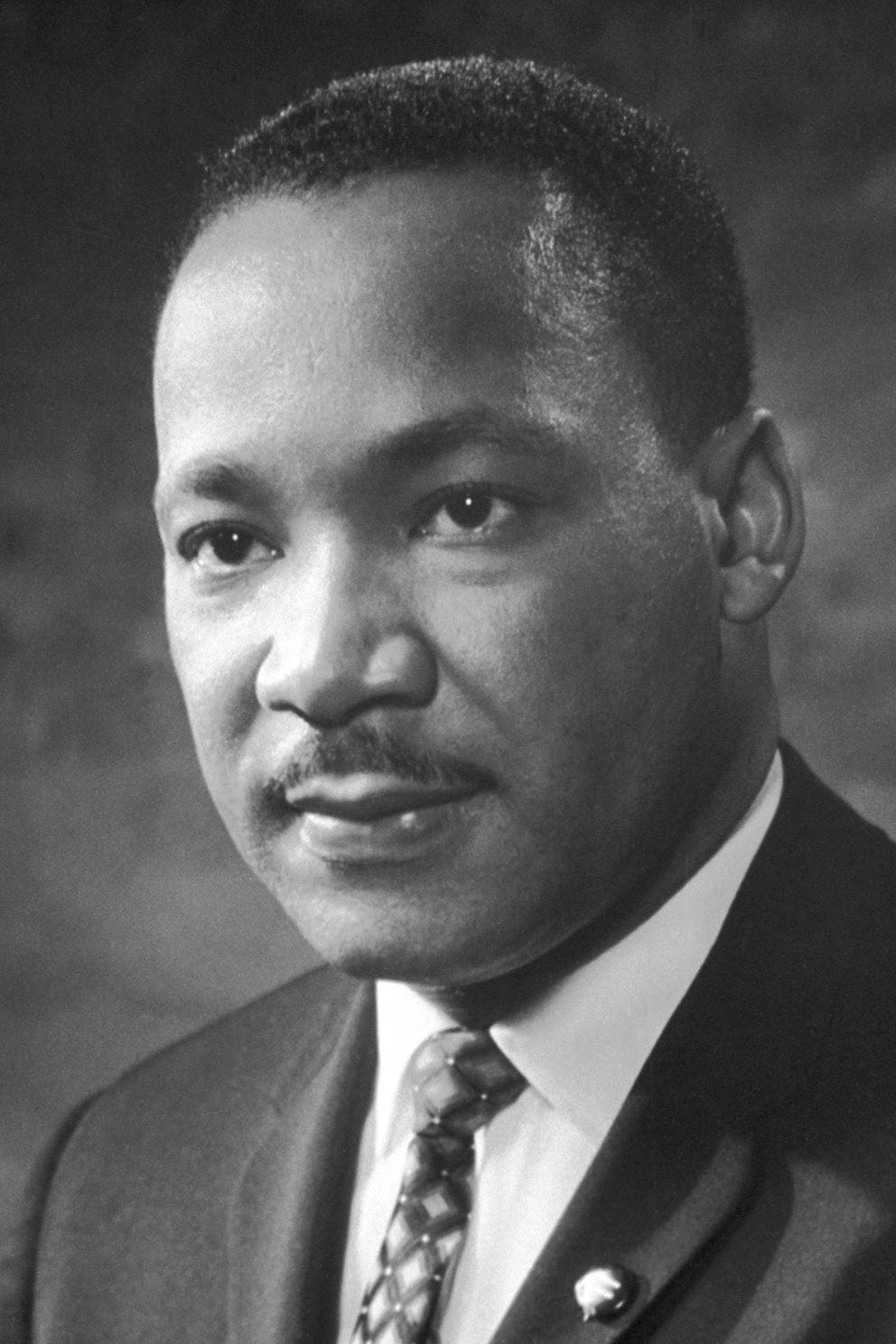On this day in 1968, Martin Luther King, Jr. is assassinated in Memphis, Tennessee. Just one night earlier, he’d delivered a speech that’s come to be known as the “Mountaintop” speech.
It was the last time he would speak before a crowd in such a manner. Some people think the speech predicted his own death.
But for a local sanitation worker strike, King might not have been in Memphis at all. He’d come to support them, and (ironically) hoped to restore nonviolence to the protests. As part of this effort, he’d been scheduled to appear at the Mason Temple on the night of April 3, but weather conditions had soured. Thunderstorms raged, and tornadoes threatened the area.
Would people really come in such weather? King didn’t think so. He was exhausted from traveling—including extra security at the airport due to threats on his life—and he was fighting off a cold. He planned to skip the speech, sending his friend Ralph Abernathy instead.
Obviously, locals were excited to see King, thunderstorms or no. Abernathy arrived at the Temple to discover 3,000 people waiting. He immediately called King and asked him to come.
“There had been no time to prepare, even if he had intended to do so,” one of King’s biographers notes. “King often spoke without notes, even when the stakes were extremely high. He was doing it again on this night. He had an astonishing knack for speaking off the cuff.”
Among other topics, King reminded the crowd about an attempt on his life in 1958. Perhaps he was feeling mortal because he’d been receiving so many death threats? During that 1958 attempt, he’d been stabbed.
“[T]he X-rays revealed that the tip of the blade was on the edge of my aorta,” he told the assembled crowd, “the main artery. And once that’s punctured, you drown in your own blood—that’s the end of you. . . . if I had sneezed, I would have died.”
He received many letters afterwards, he told the crowd, but one stuck with him more than the others. It had been written by a 9th-grade student.
“While it should not matter,” King remembered the girl writing, “I would like to mention that I am a white girl. . . . I read that if you had sneezed, you would have died. And I’m simply writing you to say that I’m so happy that you didn’t sneeze.”
King was happy he hadn’t sneezed, too, he mused, because he’d seen so many civil rights advancements since then.
Was King feeling like Moses, climbing a mountain to look into a Promised Land that he’d never see? Either way, King’s conclusion set the stage for what would happen next.
“We’ve got some difficult days ahead,” he told the crowd. “But it doesn’t matter with me now. Because I’ve been to the mountaintop. And I don’t mind. Like anybody, I would like to live a long life. Longevity has its place. But I’m not concerned about that now. I just want to do God’s will. And He’s allowed me to go up to the mountain. And I’ve looked over. And I’ve seen the promised land. I may not get there with you. But I want you to know tonight, that we, as a people will get to the promised land. And I’m happy tonight. I’m not worried about anything. I’m not fearing any man. Mine eyes have seen the glory of the coming of the Lord.”
Witnesses would say that he sat down, with tears in his eyes: “This time it just seemed like he was just saying, ‘Goodbye, I hate to leave.’”
Less than 24 hours later, James Earl Ray would shoot King as he stood on a balcony at the Lorraine Hotel.
Don’t you bet King was standing on another mountaintop soon thereafter? Rest in peace, sir.
Sources can always be found on my website, here.





A great man put in that place a time by God for His purpose of fulfilling America's founding that all men are created equal! He accomplished much even after his death. Sad that many are trying to undo King's vision of a colorblind society where all are judged by their character and not skin color..
His comments about his children being judged by the quality of their character really resonate with me the most.